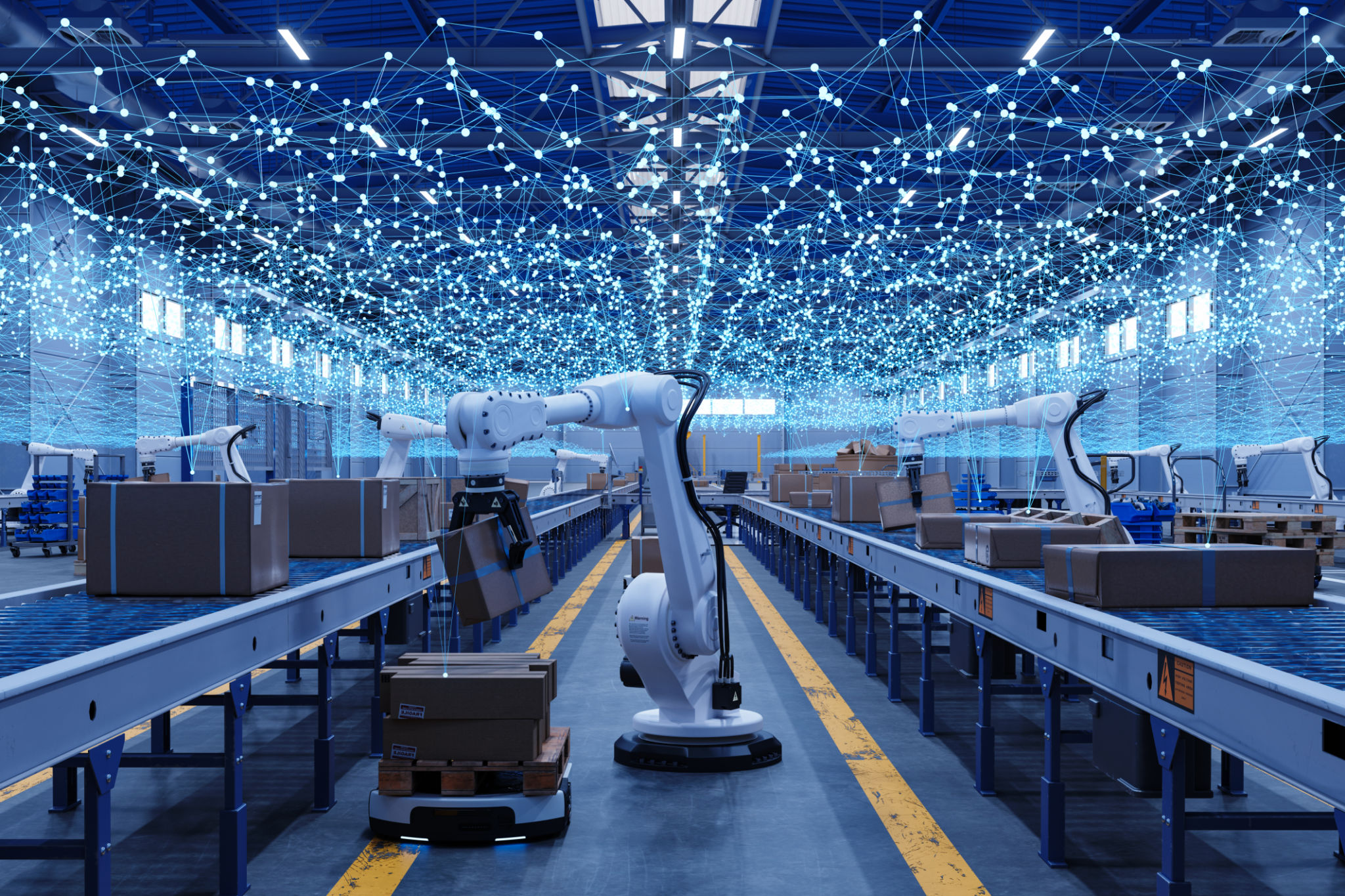Navigating the Intelligent Tech Landscape: Trends and Predictions
The Rise of Artificial Intelligence
The intelligent tech landscape is rapidly evolving, with Artificial Intelligence (AI) at the forefront. From smart assistants to predictive analytics, AI is transforming how businesses operate and how consumers interact with technology. Companies are leveraging AI to improve decision-making processes, enhance customer experiences, and streamline operations.
AI's ability to learn and adapt makes it an invaluable asset in various industries, including healthcare, finance, and retail. The development of machine learning algorithms has further accelerated AI's capabilities, allowing machines to process vast amounts of data and deliver insights faster than ever before.

Integrating AI into Everyday Life
As AI becomes more integrated into our daily lives, we can expect to see even more personalized experiences. For instance, voice-activated assistants like Siri and Alexa are becoming increasingly sophisticated, able to understand context and user preferences better. This personalization extends to recommendations on streaming platforms and online shopping experiences.
In the workplace, AI tools are improving productivity by automating repetitive tasks, enabling teams to focus on more strategic initiatives. As AI continues to advance, businesses must adapt by upskilling their workforce to work alongside these technologies effectively.
The Impact of the Internet of Things (IoT)
The Internet of Things (IoT) is another significant trend shaping the intelligent tech landscape. IoT devices are proliferating in both consumer and industrial settings, creating a network of interconnected devices that communicate and exchange data.

In smart homes, IoT devices offer convenience and energy efficiency by allowing homeowners to control appliances remotely. In industrial settings, IoT is used for predictive maintenance, optimizing supply chains, and enhancing safety protocols. The growth of IoT is driving the demand for robust cybersecurity measures to protect sensitive data from potential breaches.
Challenges and Opportunities
While the potential of IoT is vast, it also presents several challenges. Security remains a top concern as more devices connect to the internet. Ensuring that these devices are secure against cyber threats is crucial for maintaining user trust and data integrity.
However, with challenges come opportunities. Businesses that can navigate these hurdles stand to gain a competitive edge by harnessing IoT's full potential. By investing in secure IoT solutions and infrastructure, companies can unlock new revenue streams and improve operational efficiency.

Embracing Augmented Reality (AR) and Virtual Reality (VR)
Augmented Reality (AR) and Virtual Reality (VR) are reshaping how we interact with digital content. These technologies are finding applications in various fields, from gaming and entertainment to education and training.
In retail, AR allows customers to visualize products in their homes before purchasing, while VR offers immersive experiences that can enhance learning and training programs. As AR and VR technologies become more accessible, they are poised to revolutionize how we experience both virtual and physical environments.
Future Predictions
Looking ahead, the intelligent tech landscape will continue to evolve at a rapid pace. Key trends include the convergence of AI with IoT, leading to smarter and more responsive environments. Additionally, advancements in AR and VR will create new opportunities for immersive content creation and consumption.
Businesses must stay informed about these trends to remain competitive. By embracing new technologies and fostering a culture of innovation, organizations can navigate the intelligent tech landscape successfully and capitalize on emerging opportunities.
